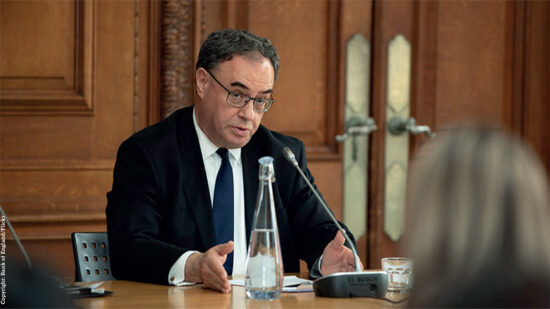The outbreak of the coronavirus pandemic has been the catalyst for the increasing demand of sustainable investment in client portfolios.
ESG products are no longer a ‘nice-to-have’ addition to a client’s investments, as the industry continues to shift the strategy towards a more core philosophy.
But with a plethora of definitions, regulation, frameworks, and integrations, it is no surprise that just trying to have a conversation on the topic could create even more confusion.
As many as 83% of financial advisers in the UK claim they are not very confident when they speak to clients about investing sustainably, Schroders 2020 UK Financial Adviser Survey found.
But 74% explicitly consider sustainability factors during their fund selection process – compared to just 43% last year – and over half (52%) expect the covid-19 crisis to change client attitudes on sustainable investing.
Many try to turn the tables and ask their clients what investing in ESG means to them, but there is one big catch in doing so.
‘Tied up in knots’
Placing the responsibility on the customer by asking ‘what do you want to exclude’ could create a shopping list of criteria that may be incompatible or feasible to factor in when creating a personalised portfolio.
It is virtually impossible to include all the requirements a client expects their investments to meet.
Doing so could leave advisers “tied up in knots, leading towards a bespoke solution, which is not necessarily appropriate for everybody”, said Gillian Hepburn, intermediary solutions director at Schroders, while at the firm’s conference for its 2020 UK Financial Adviser Survey.
“We are challenged with the fact that there is a range of terms being used across the industry and hopefully, going into next year, we’ll see a more consistent use of terms and a taxonomy that we that we can all subscribed to.”
But if there is one thing that needs to happen in 2021, Hepburn added, is greater education on ESG for both advisers and clients.
‘The right solutions’
She continued: “We’ve got to make sure that not only are advisers armed with the right conversations, but they’re armed with the right solutions. I think it takes some time where there may have to be compromises in terms of client requirements until more packaged solutions are available.”
Hepburn believes there needs to be a greater degree of understanding “what’s in that solution and why it’s being held, and how it fits with ESG principles”.
That is why she thinks education is paramount for the ESG advisory space, not only to have the right type of conversation – and asking the right questions – but also to make sure that they lead “to the right solutions”.








